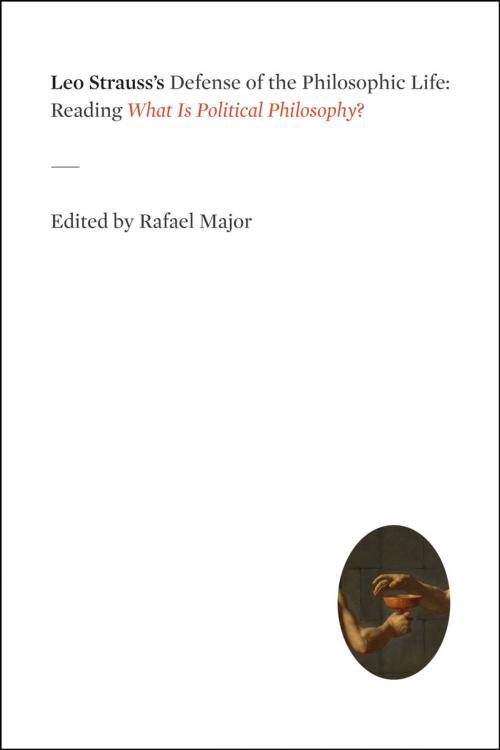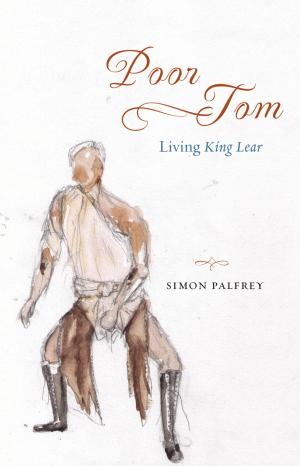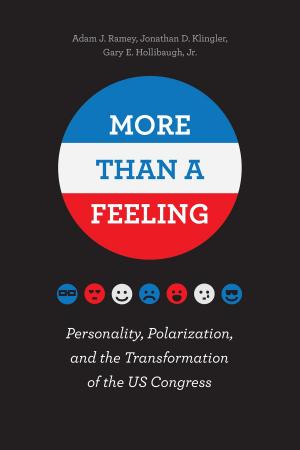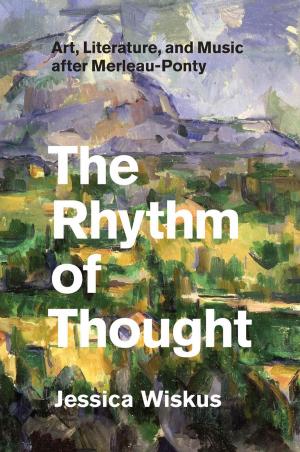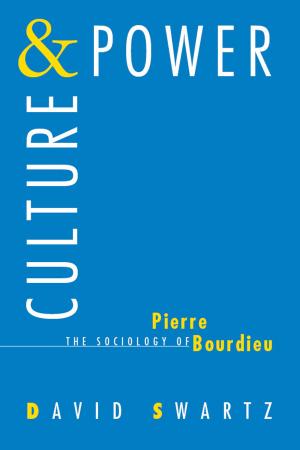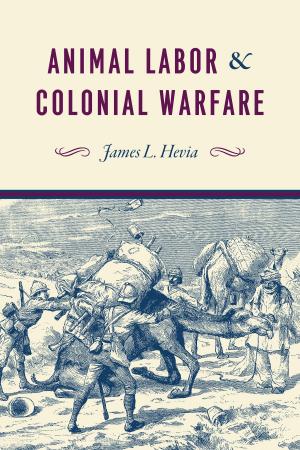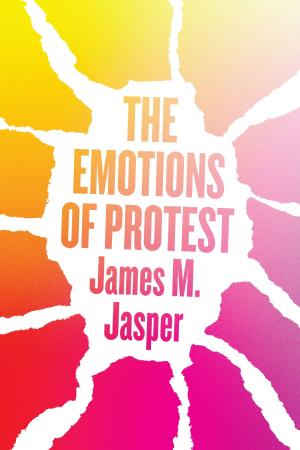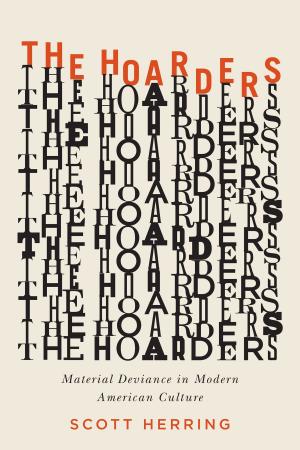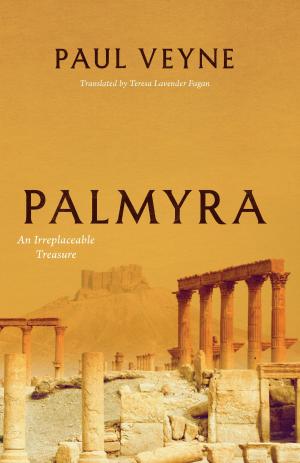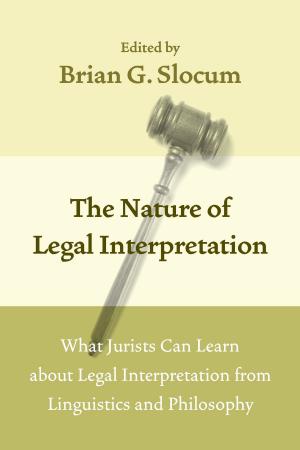Leo Strauss's Defense of the Philosophic Life
Reading "What Is Political Philosophy?"
Nonfiction, Religion & Spirituality, Philosophy, Political, Social & Cultural Studies, Political Science, Politics, History & Theory| Author: | ISBN: | 9780226924236 | |
| Publisher: | University of Chicago Press | Publication: | January 4, 2013 |
| Imprint: | University of Chicago Press | Language: | English |
| Author: | |
| ISBN: | 9780226924236 |
| Publisher: | University of Chicago Press |
| Publication: | January 4, 2013 |
| Imprint: | University of Chicago Press |
| Language: | English |
Leo Strauss’s What Is Political Philosophy? addresses almost every major theme in his life’s work and is often viewed as a defense of his overall philosophic approach. Yet precisely because the book is so foundational, if we want to understand Strauss’s notoriously careful and complex thinking in these essays, we must also consider them just as Strauss treated philosophers of the past: on their own terms.
Each of the contributors in this collection focuses on a single chapter from What Is Political Philosophy? in an effort to shed light on both Strauss’s thoughts about the history of philosophy and the major issues about which he wrote. Included are treatments of Strauss’s esoteric method of reading, his critique of behavioral political science, and his views on classical political philosophy. Key thinkers whose work Strauss responded to are also analyzed in depth: Plato, Al-Farabi, Maimonides, Hobbes, and Locke, as well as twentieth-century figures such as Eric Voegelin, Alexandre Kojève, and Kurt Riezler. Written by scholars well-known for their insight and expertise on Strauss’s thought, the essays in this volume apply to Strauss the same meticulous approach he developed in reading others.
The first book-length treatment on a single book by Strauss, Leo Strauss’s Defense of the Philosophic Life will serve as an invaluable companion to those seeking a helpful introduction or delving deeper into the major themes and ideas of this controversial thinker.
Leo Strauss’s What Is Political Philosophy? addresses almost every major theme in his life’s work and is often viewed as a defense of his overall philosophic approach. Yet precisely because the book is so foundational, if we want to understand Strauss’s notoriously careful and complex thinking in these essays, we must also consider them just as Strauss treated philosophers of the past: on their own terms.
Each of the contributors in this collection focuses on a single chapter from What Is Political Philosophy? in an effort to shed light on both Strauss’s thoughts about the history of philosophy and the major issues about which he wrote. Included are treatments of Strauss’s esoteric method of reading, his critique of behavioral political science, and his views on classical political philosophy. Key thinkers whose work Strauss responded to are also analyzed in depth: Plato, Al-Farabi, Maimonides, Hobbes, and Locke, as well as twentieth-century figures such as Eric Voegelin, Alexandre Kojève, and Kurt Riezler. Written by scholars well-known for their insight and expertise on Strauss’s thought, the essays in this volume apply to Strauss the same meticulous approach he developed in reading others.
The first book-length treatment on a single book by Strauss, Leo Strauss’s Defense of the Philosophic Life will serve as an invaluable companion to those seeking a helpful introduction or delving deeper into the major themes and ideas of this controversial thinker.
